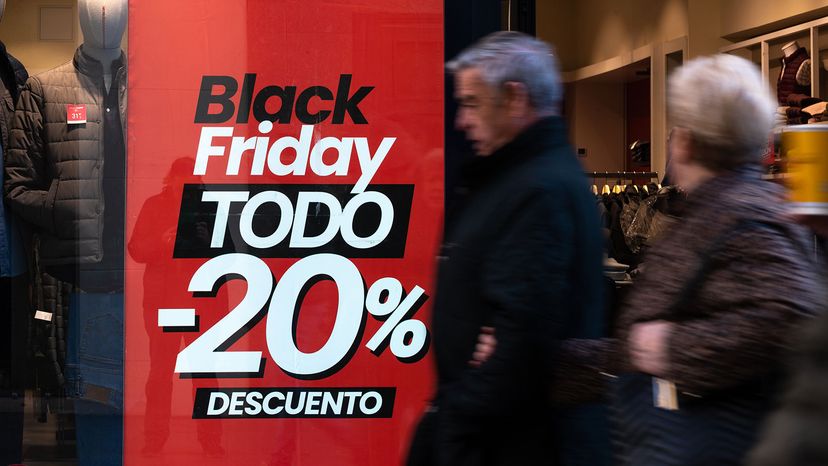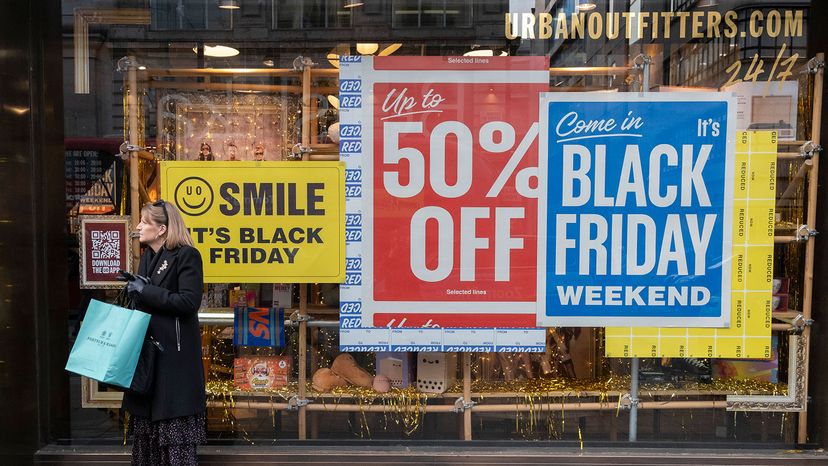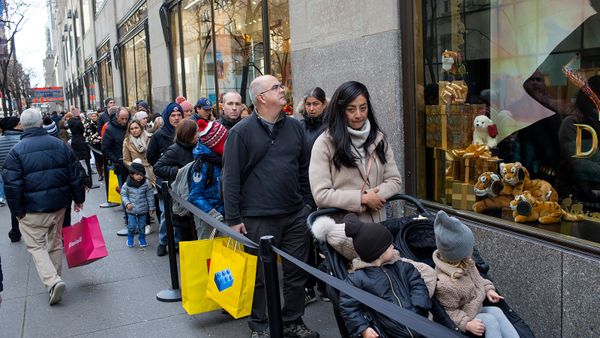
The day after Americans celebrate Thanksgiving with turkey, stuffing and all the trimmings, many partake in an equally gluttonous Black Friday shopping experience. The shopping event has gone international, with at least 129 countries celebrating their own versions of Black Friday. This is despite the fact that none of these countries celebrate the American version of the Thanksgiving holiday.
That's been the experience of online store owner and Canadian expat Matt Heron, who has lived in Japan for four years. "Even though most people in Japan aren't aware that it's American Thanksgiving, many larger retailers in malls, as well as online retailers, take advantage of the name to promote a sale and bring in more customers," he says via email.
Advertisement
However, he's quick to note that the experience overall is markedly different from the mad dashes and swarms of combative people that American Black Friday is known for, calling it "more tame" by a long shot. "People are not waiting in line, or holding out for the Black Friday sales," he explains. "It feels like somewhat of an average sale as opposed to 'the largest sale of the year' like in the U.S.A."
American Adam Garcia has spent two consecutive Black Fridays visiting friends in Germany. "It's there and everybody has heard of it," he says via email. He echoes Heron's sentiment that the discounts aren't as drastic as in the U.S. "They'll usually offer a 5-10 percent discount on certain products, rarely more. And some will even slightly bump up the prices in October, just so they could slide them back and call it a Black Friday sale."
"When I lived in Turkey several years ago, I had noticed and commented to friends on how Turkey had embraced Black Friday sales and yet ironically they don't celebrate 'turkey day' aka Thanksgiving," emails travel blogger Anwar Yafai.
Yes, Black Friday is big all over the world. A pricing consultant firm Simon-Kucher & Partners says that 77 percent of people residing in countries outside the U.S. participate in Black Friday shopping sales, compared with 89 percent of U.S. residents. This data is courtesy of their recent Holiday Shopping Study, which polled 20,500 consumers in 23 countries. There's a pretty wide range of shopping participation, however, says firm partner Shikha Jain. "For example, Japan may see only about 43 percent participation rate on Black Friday, while Thailand, Brazil [and] U.A.E. expect participation rates closer to the U.S. (around 90 percent)," she says via email.
Some of this lag is because certain areas already have their own big shopping days, Jain explains. "There are some countries like China where the existence of prominent promotional days such as Singles Day will slow the adoption of Black Friday — especially as Singles Day is also in November (Nov. 11). In Japan, special days such as Valentine's Day, Mother's Day and so on, generate more buzz than Black Friday."
Advertisement


